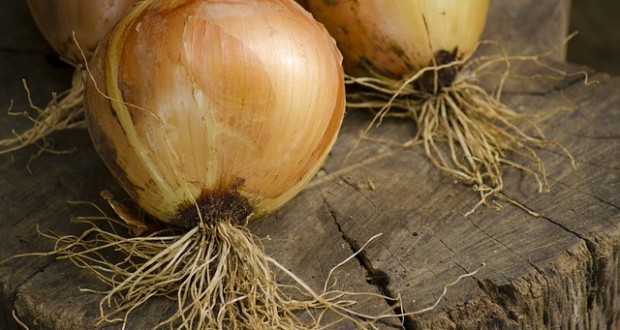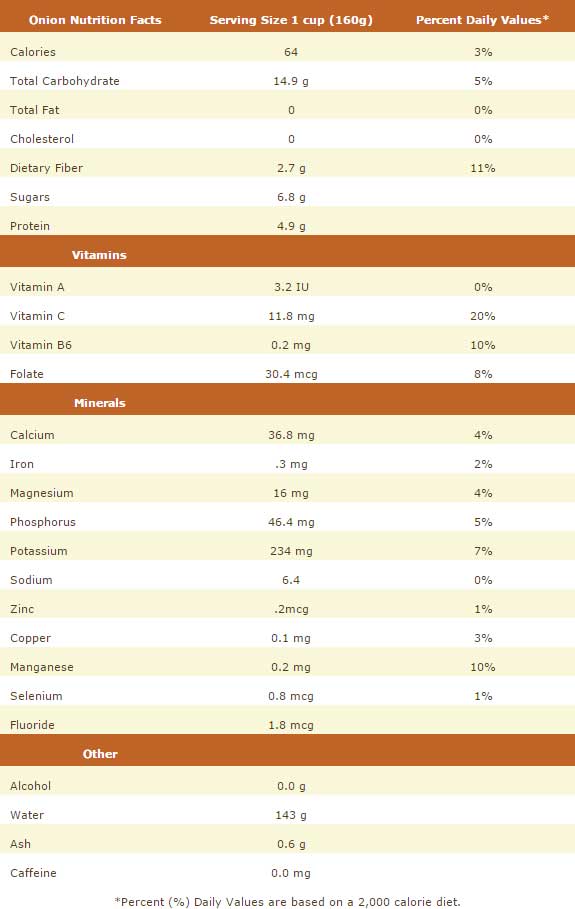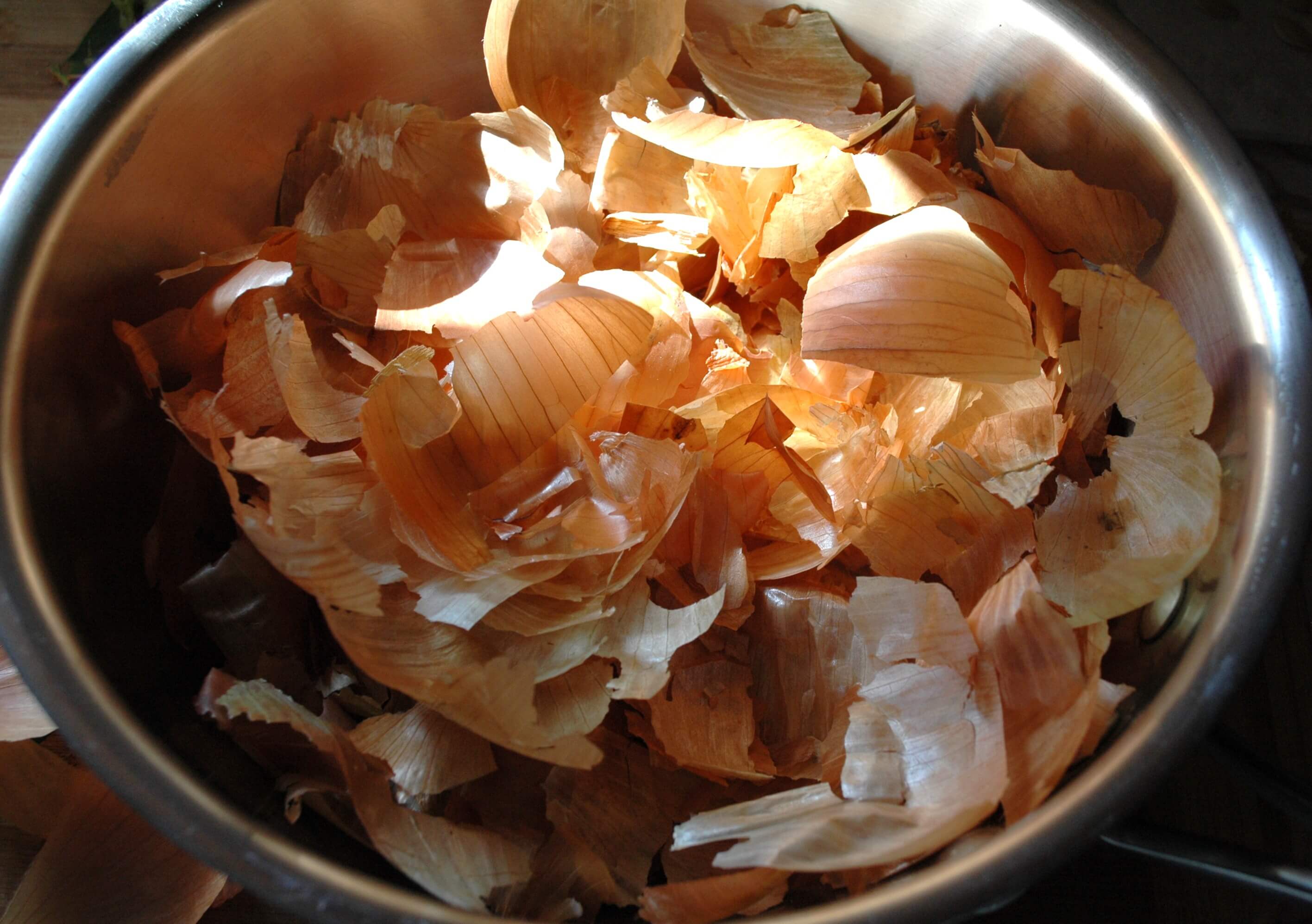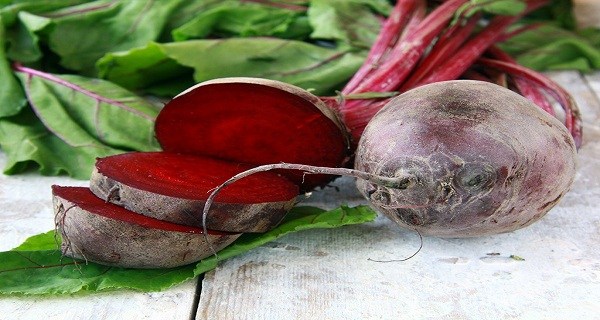Since onions grew wild in various regions, they were probably consumed for thousands of years and domesticated simultaneously all over the world. Onions may be one of the earliest cultivated crops because they were less perishable than other foods of the time, were transportable, were easy to grow, and could be grown in a variety of soils and climates.

Onions have been valued for their medicinal qualities by many cultures around the globe. Numerous health benefits have been attributed to the vegetable, including prevention of cancer and cardiovascular disorders. Scientific studies have shown a positive relationship between vegetable intake and risk for these common diseases. This has led many researchers to test whether the proposed medicinal attributes of onions are valid. Some of these studies have shown that including onion in the diet:
- Was associated with a reduced risk of stomach cancer in humans.
- Was associated with a decreased risk for brain cancer in humans.
- Inhibited platelet-mediated thrombosis (a process leading to heart attacks and strokes).
- Reduced levels of cholesterol, triglycerides, and thromboxanes (substances involved in the development of cardiovascular disease) in the blood.
- Was associated with a reduction in symptoms associated with osteoporosis.
Onions are high in vitamin C, a good source of fiber, and with only 45 calories per serving, add abundant flavor to a wide variety of food. Onions are sodium, fat, and cholesterol free, and provide a number of other key nutrients.
In the rush to gather health information on the processed foods we eat, it can be easy to forget to check the nutritional facts of vegetables like the onion.





















